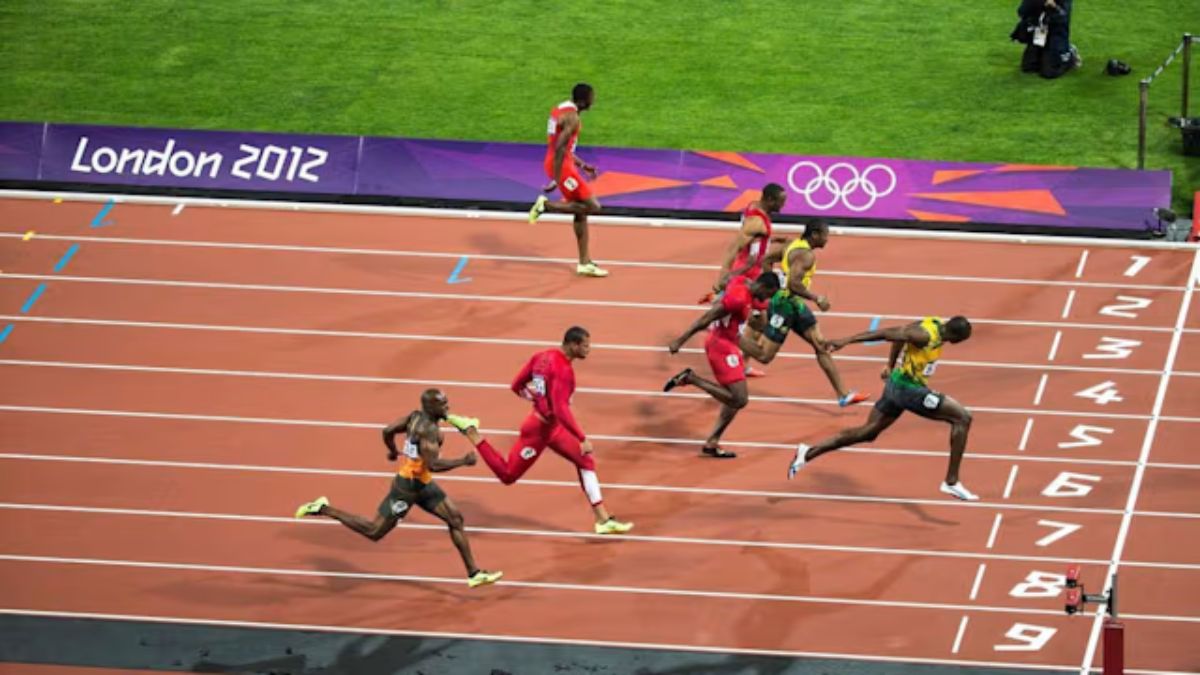Despite the challenges, these adaptations are essential to ensure the success and safety of one of the world's most important sporting events
Full article
Local legislation adapted for the Olympic Games: a challenge for host cities
Hosting the Olympic Games is an honor and a monumental challenge for any city. This international sporting event attracts the attention of millions of people and represents a unique opportunity to showcase the host country's culture and organizational capacity. However, behind the glamour and celebration lies a complex task of legislative adaptation that cities must face in order to meet the requirements of the International Olympic Committee (IOC). These adaptations range from security to marketing rights and infrastructure construction, ensuring that the Games run efficiently and safely.
Security and public order
Security is a major concern during the organization of the Olympic Games. The IOC requires host cities to ensure a safe and secure environment for athletes, spectators and participants. To meet these requirements, cities must often adapt their local laws and coordinate with national and international security agencies.
For example, during the London 2012 Olympic Games, the London Security and Policing Act was enacted, which gave special powers to law enforcement agencies to conduct searches and preventive checks without prior suspicion. In addition, thousands of security officers and military personnel were deployed to protect Olympic venues and public spaces. Such measures may also include the implementation of advanced surveillance technology and crowd control systems, often requiring adjustments to privacy and data protection legislation.
Marketing and intellectual property rights
One of the most sensitive issues that host cities must manage is the protection of marketing rights and intellectual property related to the Games. The IOC grants exclusive rights to certain sponsors and commercial partners, and host cities are expected to implement measures to protect these rights.

In this regard, the Olympic Trademark Protection Act is a common example of legislation tailored for the Games. This regulation prohibits the unauthorized use of symbols, logos and terminology related to the Games, including words such as "Olympiad" or "Olympic Games". In addition, a commercial perimeter is established around the Olympic venues where only authorized sponsors may conduct commercial activities. These laws seek to prevent "parasitic advertising" and protect the investment of official sponsors.
Infrastructure construction and urban planning
Infrastructure construction is another crucial aspect of organizing the Olympic Games. Host cities must build or renovate stadiums, Olympic villages, sports facilities and improve transportation infrastructure. To achieve this, the adaptation of local urban planning and construction laws is often required.
A notable example is the 1992 Barcelona Olympic Games, where important changes were made in urban planning. Local authorities implemented the Law of Forced Expropriation, which facilitated the acquisition of land needed for the construction of new infrastructure. In addition, tax incentives were introduced and construction permit processes were simplified to speed up projects.
However, these legislative changes are not without controversy. Forced expropriations and relocation of residents can lead to discontent and protests. In addition, rapid infrastructure construction can lead to concerns about building quality and environmental impact. This is why many cities are trying to find a balance between meeting IOC requirements and protecting the rights of their citizens and the environment.
Adapting local legislation for the Olympic Games has a lasting impact on host cities. While some of these changes are temporary and event-specific, many others can have long-term consequences. For example, improvements in transportation infrastructure and urban renewal can benefit cities long after the Games are over. However, it is also possible that restrictive security and marketing laws will continue to affect the daily lives of citizens.
Conclusion
In summary, the legislative adaptation for the Olympic Games is a complex process that requires the collaboration of multiple actors, from local authorities to international organizations. Despite the challenges, these adaptations are essential to ensure the success and safety of one of the world's most important sporting events. Host cities must carefully balance the needs of the IOC with the rights and welfare of their citizens, ensuring that the legacy of the Games is a positive and lasting one.
Comments
Related links
Main menu












